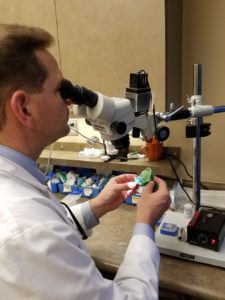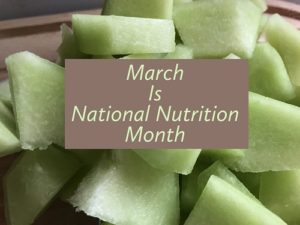When it comes to candy-filled holidays like Halloween, we usually caution our patients to enjoy sweet snacks and candy in moderation. And with good reason. It should come as no surprise that sugar is one of those things that concerns the team at our dental office in Buckhead. After all, sugar is a dentist’s worst nightmare, right? Maybe not. It turns out that there are some snacks out there that can be worse for your smile than sugar-packed candies
What’s the Big Deal About Sugar Anyway?
Before we dive into some of the surprising snacks that are scarier to oral health than candy, it’s important to take a look at why sugar is such a concern. When we eat foods or drink beverages with high sugar content we essentially feed the bacteria that live in our mouths. This bacteria then releases an acid as a byproduct of their feasting. The acid is what contributes to decay and cavities as it wears away the protective tooth enamel, leaving teeth exposed to bacteria and more acid.
Other Spooky Snacks
While candy will always be one of those things that your dentist in Buckhead will encourage you to eat in moderation, there are other snacks that are also a concern.
Citrus & Dried Fruits
These are surprising treats that can be dangerous for your grin but usually fall under the healthy category. It is fruit, after all. But certain fruits are highly acidic, and as we know, acid is bad for teeth. Citrus fruits such as grapefruit, if consumed in large quantities, can harm the enamel and leave teeth at risk. Dried fruit is also a healthy snack that’s not so great for your smile. These super sticky fruits can get stuck on teeth and are loaded with sugar. The longer the sugar is left around, the more the bacteria will eat it, and more acid is produced.
Crackers & Chips
Chips and crackers are perhaps more surprising that fruits as cavity-causing treats. Even though these foods aren’t sweet and don’t typically contain a lot of sugar, if any, they can still be a threat to oral health. Blame it on the high starch content. These starches affect your body similarly to the way sugar does. This is due to their high glycemic index. Foods with a high glycemic index will increase blood glucose and will feed bacteria in the mouth, just like sugar. The result is more food for the bacteria, more acidic byproduct, and more risk for cavities.
Do Your Part to Limit Your Risk of Decay
We’re not here to tell you to completely avoid candy this Halloween, or to quit eating certain fruits, chips, and crackers forever. Like anything, these things can be enjoyed in moderation. But our Buckhead dental office does encourage you to also drink plenty of water when snacking on foods that are known to increase the risk of decay. Also brushing and flossing after eating will help prevent any harmful effects. Most of all, have a happy and safe Halloween!















